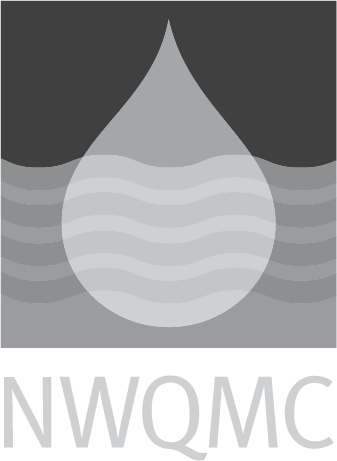ASTM: 1367-99: Sediment Toxicity Test Using Leptocheirus plumulosus
|
Official Method Name
|
Standard Guide for Conducting 10-day Static Sediment Toxicity Tests with Marine and Estuarine Amphipods |
|---|---|
|
Current Revision
| Volume 11.05, August 2002 |
|
Media
|
SOILS/SEDIMENT |
|
Instrumentation
|
Toxicity |
|
Method Subcategory
|
Chronic Toxicity |
|
Method Source
|
|
|
Citation
|
|
|
Brief Method Summary
|
On the day before test initiation the sample sediment must be homogenized and placed into test chambers with overlying water added. On day 1 amphipods are randomely distributed to all test chambers for a period extending 10 days. At end of 10 day period amphipods are removed from sediment using a fine mesh sieve. Survivng amphipods are then counted and/or collected for tissue analysis. |
|
Scope and Application
|
This guide describes procedures for obtaining laboratory data concerning the short-term adverse effects of potentially contaminated sediment, or of a test material experimentally added to contaminated or uncontaminated sediment, on marine or estuarine infaunal amphipods during static 10-day exposures. These procedures are useful for testing the effects of various geochemical characteristics of sediments on marine and estuarine amphipods, and could be used to assess sediment toxicity to other infaunal taxa, although modifications of the procedures appropriate to the test species might be necessary. |
|
Applicable Concentration Range
|
Test Specific |
|
Interferences
|
Physical and chemical properties of test sediment and overlying water; Endemic organisms. |
|
Quality Control Requirements
|
A 10-day sediment toxicity test is unacceptable if more than a total of 10% of the control organisms die or show signs of disease or stress, or if mortality in an individual control exceeds 20%. |
|
Sample Handling
|
Store in dark @ 4oC |
|
Maximum Holding Time
|
2 weeks. |
|
Relative Cost
|
Greater than 5 days to complete test |
|
Sample Preparation Methods
|
Homogenization |




